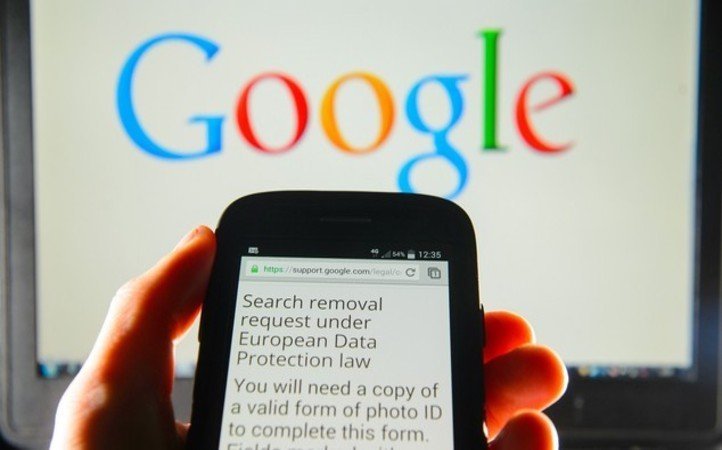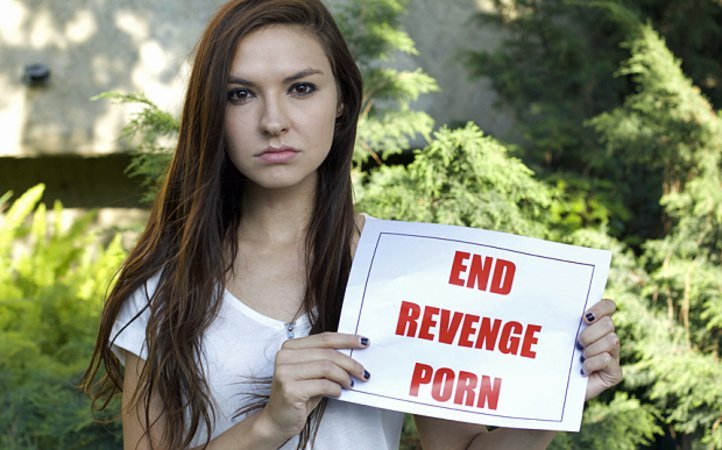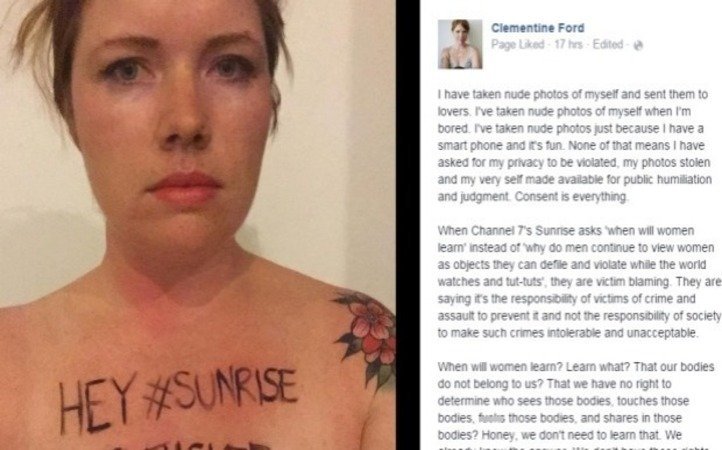Ever imagined going through the internet one fine day and finding out your intimate pictures, which were meant to be private, popping up on adult sites? The very thought of such a situation sounds scary, but for a lot of people this nightmare has turned out to be a reality. Revenge porn is real and its on the rise with a pace similar to the rise of the digital space.

What does it mean?
For those who might not know, revenge porn is the act of uploading nude or intimate pictures of a former partner on the internet. In most cases, frustrated ex-lovers resort to such tactics in a bid to get even with their partner. Not only does this involve exposing someone’s private space to the world without their consent, it is also a violation of the trust that is involved while exchange of such images takes place in a relationship.
Victim shaming
To make matters worst, those wronged by revenge porn in turn fall victim to cyber-bullying and online slander campaigns. The victims are shamed and blamed for being ‘irresponsible’ and sharing such pictures with another person. They are blamed for taking nude pictures in the first place without any consideration that someone actually made those pictures public against their wishes.

A deceitful web
These pictures are usually uploaded on porn sites. There are several sites dedicated specifically to revenge porn. So, apart from people uploading revenge porn, an online viewership specifically demanding content that includes someone’s private moments sounds outright sickening. The bigger problem here is that there is virtually no way to get such sites to take the content down. Furthermore there isn’t a strong legislation in place to take down revenge porn.

Google steps forward
But recently Google has decided to do its bit by taking steps to crack down on revenge porn. The website has decided that it will remove revenge porn from it’s search results from now on. There will be a mechanism in place through which victims can make a request to Google for taking down the content in question from search results. The images will stay on the internet and the sites they have been uploaded on, but won’t show up in a list when someone tries to look them up on Google.
Stronger laws needed
The United Kingdom has already brought a law against revenge porn and is planning on taking stronger steps to curb the menace. There are efforts going on in the US and other countries to bring in such laws which can safeguard the privacy of individuals.

The lack of a strong legislation against such cases makes it difficult for those affected to tackle the situation. The law also hasn’t taken it up as a priority and focuses more on cyber bullying. Lawyers working with victims suggest that revenge porn is becoming an epidemic and a new legislation is needed to neutralize this issue.
While Twitter and Reddit have already come forward to curb revenge porn, Google’s initiative will surely make a mark in the campaign.

A lot of women in the US and across Europe have been victims of revenge porn. American YouTube celeb Chrissy Chambers, a victim of revenge porn, is fighting for justice. She has launched a petition campaign for bringing a law against it in the US. While such a situation can leave a person broken, many women have decided to fight back.
Anyone can fall prey
Chrissy Chambers was 18 when she fell in love with a British man older than her. Later they broke up and the man left soon after a night of drinking. Chambers remembered nothing about. It was only four years later that she learned about intimate videos from that night ending up on porn sites via a comment on her YouTube video.

In another case a woman recounts how her ex-husband uploaded videos and pictures of their honeymoon on the internet. After discovering that one video got one million views, she described the feeling as that of being raped.
Speaking out

While many in the media and on the internet have taken to blaming the victim for clicking such pictures and trusting the wrong person, there are those who are coming back strongly. When Channel 7’s TV show sunrise decided to ask ‘when will women learn’, Australian feminist writer Clementine Ford posted a nude selfie on Facebook slamming Sunrise.
She stated in her post that a woman’s body belongs to her and what she does with it is her own choice. It doesn’t give anyone the right to make her body public without her consent.

















